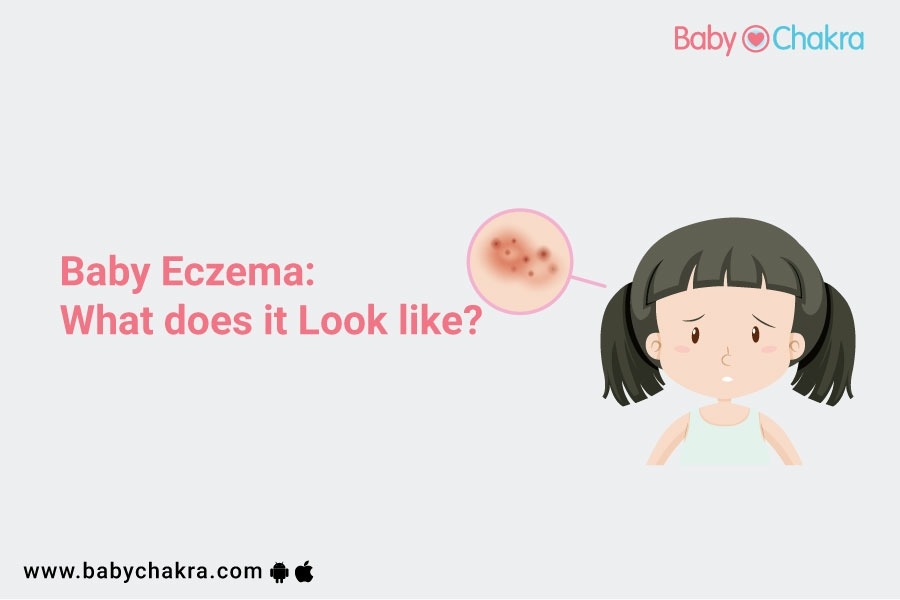
Baby Eczema: What Does It Look Like?
27 Oct 2021 | 3 min Read
Dr akshi pandita
Author | 1 Articles
Not sure if your baby’s itchy, irritated rash is Eczema? Your pediatrician can tell you for sure.
At least one in 10 children gets eczema, an ongoing skin problem that causes dryness, itchiness, and flakiness on the skin. It makes a child’s skin more sensitive and delicate.
Eczema is caused by the problems with the skin barrier. Many children with eczema do not have sufficient skin protein called ‘filaggrin’, which is in the outer layer of the skin responsible to keep skin moistiurized and protected from bacteria and environmental pollutants.
Skin problems are not affected by the environmental exposure, but also with the genes. A family history of eczema creates a greater risk of developing eczema in babies.
What does Eczema look like?
Eczema rashes appear differently in every child. It can be all over the body or in just a few spots. In babies, eczema usually starts on the scalp and face. Red, dry rashes may appear on the facial skin. However, eczema does not develop on the diaper area. Whereas, in young school going children, the eczema usually appears on the elbow, the back of the knees, on the neck, and around the eyes.
Is Eczema Contagious?
No. Eczema is not contagious, but skin with eczema is more likely to get skin related problems. Just because the skin barrier in children with eczema is not strong enough to prevent bacteria exposure.
Usually, children outgrow eczema when they reach the age of 4. However, in some children, eczema continues to irritate the skin.
What are the treatment available for Eczema?
- Prefer to give quick bath for your child. Do not use any harsh, fragrance-based products on your child. You may use gentle baby wash for bathing your baby.
- Avoid rubbing your baby’s skin. Pat your child’s skin dry with the help of soft towel.
- Try to stop your child from scratching as much as possible since scratching can make the skin feel even more itchy. Scratching can also lead to open sores which can lead to skin infections. Keep your child’s nails cut short. Wearing cotton gloves at night can also help.
- Apply prescribed medicine to areas of rash and apply moisturizer to surrounding skin.
Eczema can be frustrating for children as well as for the parents, but the symptoms can be managed with a good treatment plan prescribed by your pediatrician.
A


Related Topics for you
Suggestions offered by doctors on BabyChakra are of advisory nature i.e., for educational and informational purposes only. Content posted on, created for, or compiled by BabyChakra is not intended or designed to replace your doctor's independent judgment about any symptom, condition, or the appropriateness or risks of a procedure or treatment for a given person.
